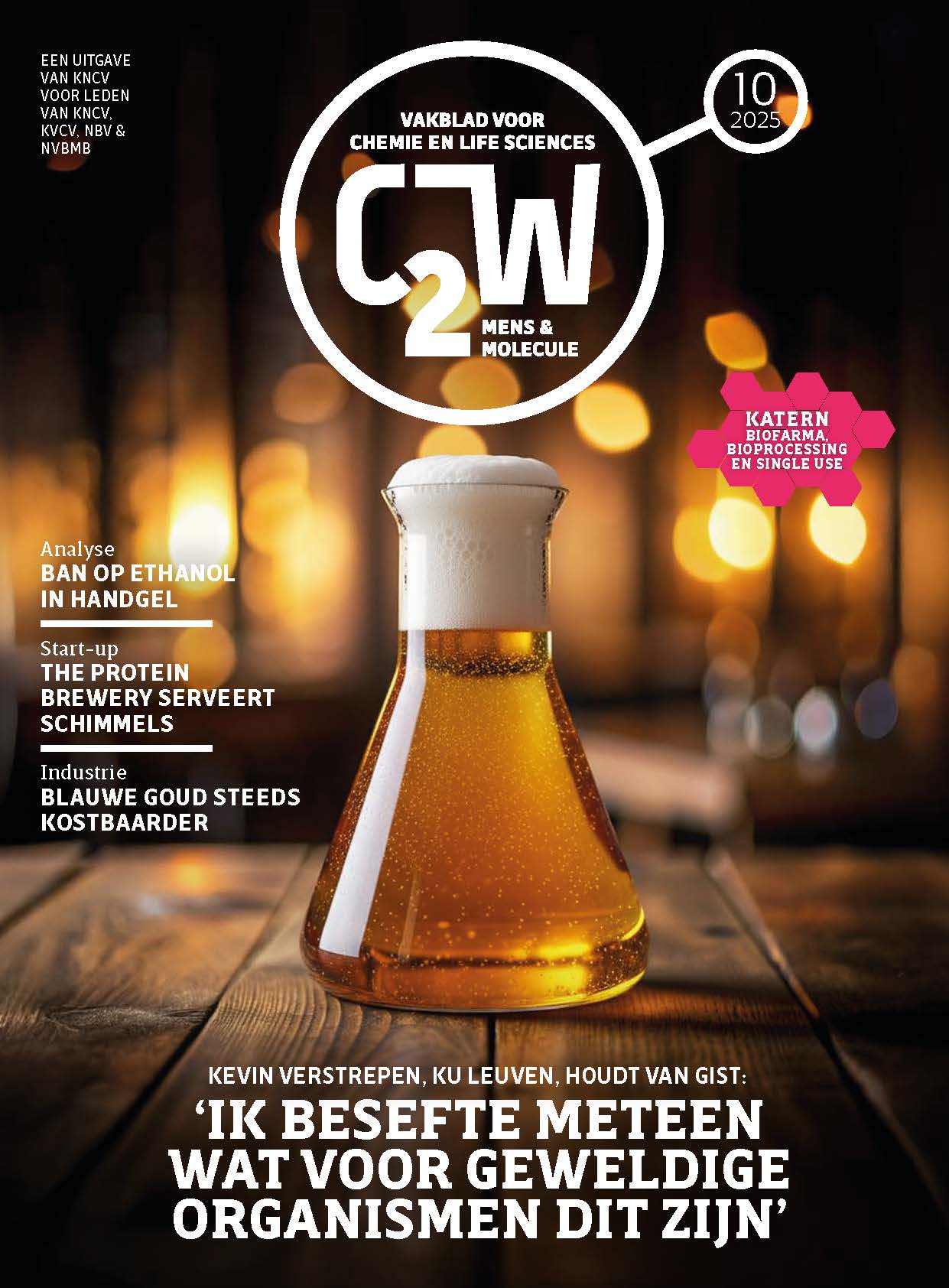Would you like to add an event to this list? Simply register your event using this form.
Study of the stabilising effect of cereal bran on vitamin A during storage

Category
Ph D Defense
Date
2023-12-13 17:00
Venue
KU Leuven, Aula Wolfspoort, 00.08 - Schapenstraat 34
3000 Leuven, België
3000 Leuven, België
Promovendus/a: Eline Van Wayenbergh
Promotor(en): Prof. dr. ir. Christophe Courtin, Prof. dr. ir. Imogen Foubert
Vitamin A is a fat-soluble vitamin required for several functions in the human body. It is responsible for the good functioning of the eyes and the immune system. An inadequate intake of vitamin A can lead to vitamin A deficiency, which can cause severe adverse health effects, such as blindness. The addition of vitamin A to food products and the regular consumption of vitamin A supplements have both been proven to be effective strategies to combat vitamin A deficiency. However, vitamin A is rapidly degraded when exposed to light, oxygen and heat, which poses a major challenge for the successful implementation of these strategies. Existing techniques to stabilise vitamin A are often costly and not always applicable in the food industry. Therefore, there is a need for food-grade and affordable vitamin A-stabilising agents. Cereal bran, a side stream from the milling industry, has been shown to stabilise vitamin A, as retinyl palmitate, during storage. However, it was not understood how this stabilisation works. Therefore, the main aim of this doctoral dissertation was to unravel the mechanism behind the stabilisation of vitamin A by cereal bran. In addition, the application of cereal bran as vitamin A-stabilising agent in a real food product was explored.In this doctoral dissertation, a set of accelerated storage experiments (60 °C, 70% relative humidity) was performed, whereby cereal bran, either treated or untreated, was mixed with oil and vitamin A. Vitamin A degradation was monitored as a function of storage time. Toasted wheat bran was shown to protect vitamin A to a larger extent than untreated wheat bran. This could be explained by the inactivation of wheat bran endogenous enzymes, such as lipases, during toasting. Wheat lipases were shown to convert vitamin A, in the form of retinyl palmitate, to retinol, a less stable vitamin A form. In addition, wheat bran antioxidants and bound lipids were shown to be responsible for vitamin A stabilisation. Hereby, a set of different wheat bran antioxidants was shown to protect not only vitamin A but also oil from degradation. The capacity of cereal bran to protect vitamin A is however limited to a certain extent. If the concentration of oil and vitamin A in the system is too high, vitamin A is rapidly degraded. Next to the investigation of model systems consisting of vitamin A, oil and cereal bran, the potential of cereal bran to stabilise vitamin A in gari, a cassava-based West African food product, was explored. Toasted wheat bran was shown to stabilise vitamin A to a limited extent. Based on the results obtained in this doctoral dissertation, it can be concluded that cereal bran with a high content of antioxidants, a low content of unsaturated or oxidised lipids and a low content of enzymes should be selected to optimise vitamin A stabilisation. This cereal bran should be mixed with a moderate concentration of oil and vitamin A. The resulting mixture can then be used as a vitamin A-rich food additive or food supplement with a high vitamin A stability during storage.
All Dates
- 2023-12-13 17:00
Powered by iCagenda

